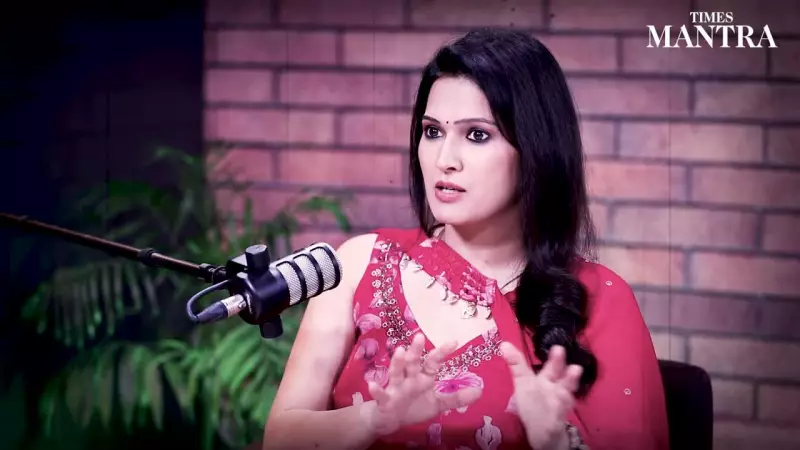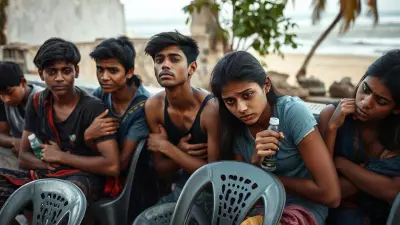
The question that has intrigued millions of devotees and skeptics for generations has resurfaced with explosive force across social media platforms - did Shirdi Sai Baba consume non-vegetarian food? This age-old debate gained fresh momentum when prominent commentator Abhijit Iyer-Mitra shared his perspective, triggering widespread discussions and challenging long-held assumptions about one of India's most revered spiritual figures.
The Viral Controversy That Divided Social Media
On November 10, 2025, at 08:08 PM IST, the digital landscape witnessed a spiritual storm as Abhijit Iyer-Mitra's views on Sai Baba's dietary practices began circulating across various social media platforms. The commentary quickly went viral, reaching millions of users and sparking intense debates among followers, historians, and spiritual enthusiasts alike.
The timing and nature of this discussion have proven particularly potent, coming at a time when conversations about religious figures and their historical practices are increasingly moving into public discourse. What makes this debate especially compelling is how it bridges the gap between devotional faith and historical inquiry, forcing many to re-examine their understanding of Sai Baba's life and teachings.
Historical Accounts Versus Popular Beliefs
At the heart of this controversy lies the tension between documented historical accounts and deeply entrenched popular beliefs. While mainstream devotional narratives typically portray Sai Baba as following a simple, vegetarian diet consistent with Hindu ascetic traditions, some historical records and anecdotal evidence suggest a more complex picture.
The discussion delves into various aspects of Sai Baba's life in Shirdi, examining not just his dietary habits but also his broader philosophical approach to material existence. Proponents of different viewpoints cite various episodes from Sai Baba's documented life, each interpreting them through their own theological and cultural lenses.
What emerges from this examination is a portrait of a spiritual figure whose practices often defied easy categorization, reflecting the syncretic nature of his teachings that blended elements from multiple religious traditions.
Social Media Reactions and Spiritual Implications
The viral nature of this debate highlights how social media has become a crucial arena for discussing and interpreting religious matters in contemporary India. Platforms that were once dominated by casual social interactions are now witnessing serious theological and historical discussions that reach audiences numbering in the millions.
For devotees, the question of Sai Baba's dietary practices touches on deeper issues of spiritual purity, religious identity, and the nature of sainthood. The intensity of reactions across social media platforms demonstrates how personal these matters are for many followers, with discussions often reflecting broader cultural and religious tensions within Indian society.
Meanwhile, skeptics and historians see this as an opportunity to examine religious figures through a more critical, evidence-based lens, arguing that understanding the historical reality of spiritual leaders need not diminish their spiritual significance.
As the debate continues to generate engagement across digital platforms, it raises important questions about how traditional faith interfaces with modern historical inquiry, and whether these two approaches can coexist in meaningful dialogue about India's rich spiritual heritage.





